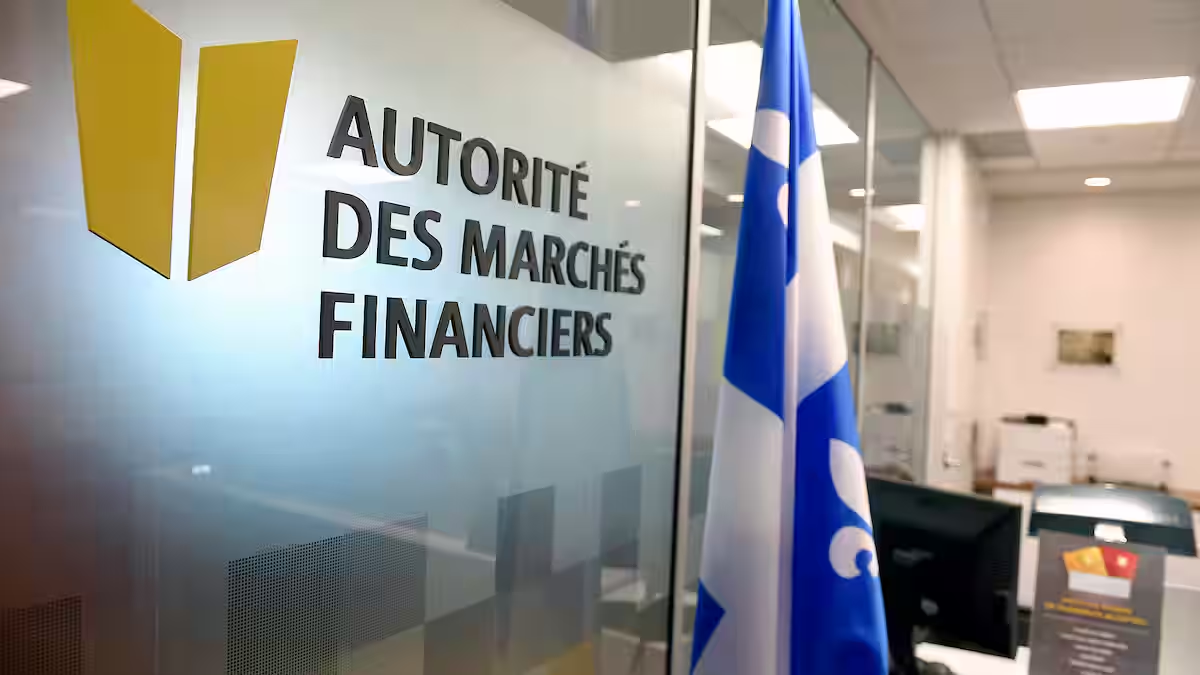The Office of the Comptroller of the Currency (OCC) in America, on June 4, announced that it was working with banks and crypto firms on improving the technological cooperation in the financial system.
The Advanced Notice of Proposed Rulemaking asks banks and industry leaders to respond to several questions notably:
“What activities related to cryptocurrencies or crypto assets are financial services companies or bank customers engaged in and what are the barriers or obstacles to further adoption of crypto-related activities in the banking industry?”
Regulators around the world have been increasingly looking at the fundamentals and benefits of adopting cryptos. Many have interpreted Brooks’ (a former lawyer at Coinbase) hiring as the Comptroller of the Currency as evidence of greater interest in perfecting crypto capabilities into the American government’s arsenal.
Speaking to Cointelegraph, Acting Comptroller of the Currency, Brian Brooks, said that yesterday’s announcement would help to bridge the gap between finance and crypto. He said: “Ways the cryptocurrency regime needs banking services, ways that they need to manage across the bank rails, etc. So we have affirmatively come out and said, give us information about what crypto needs from banking and banking needs from crypto because we want to really do something in that space.”
He also added that figuring out the role of banks as custodians and where stable coins fit in were critical goals going into his term:
“The OCC, quickly under my watch, will get a position together as to what do we think about national banks as appropriate custodians for cryptocurrency. We do not have a view on that and I do not want to presume that but it is certainly an interest of mine from my past life that we need to come to ground on that.
“And then there’s the question of what do we think about stable coins? Are stable coins equivalent to currency or are they cash equivalents? Can they be held by banks in an awesome format or if they are held outside of a bank? Is that covered by banking regulations?”



















Comments